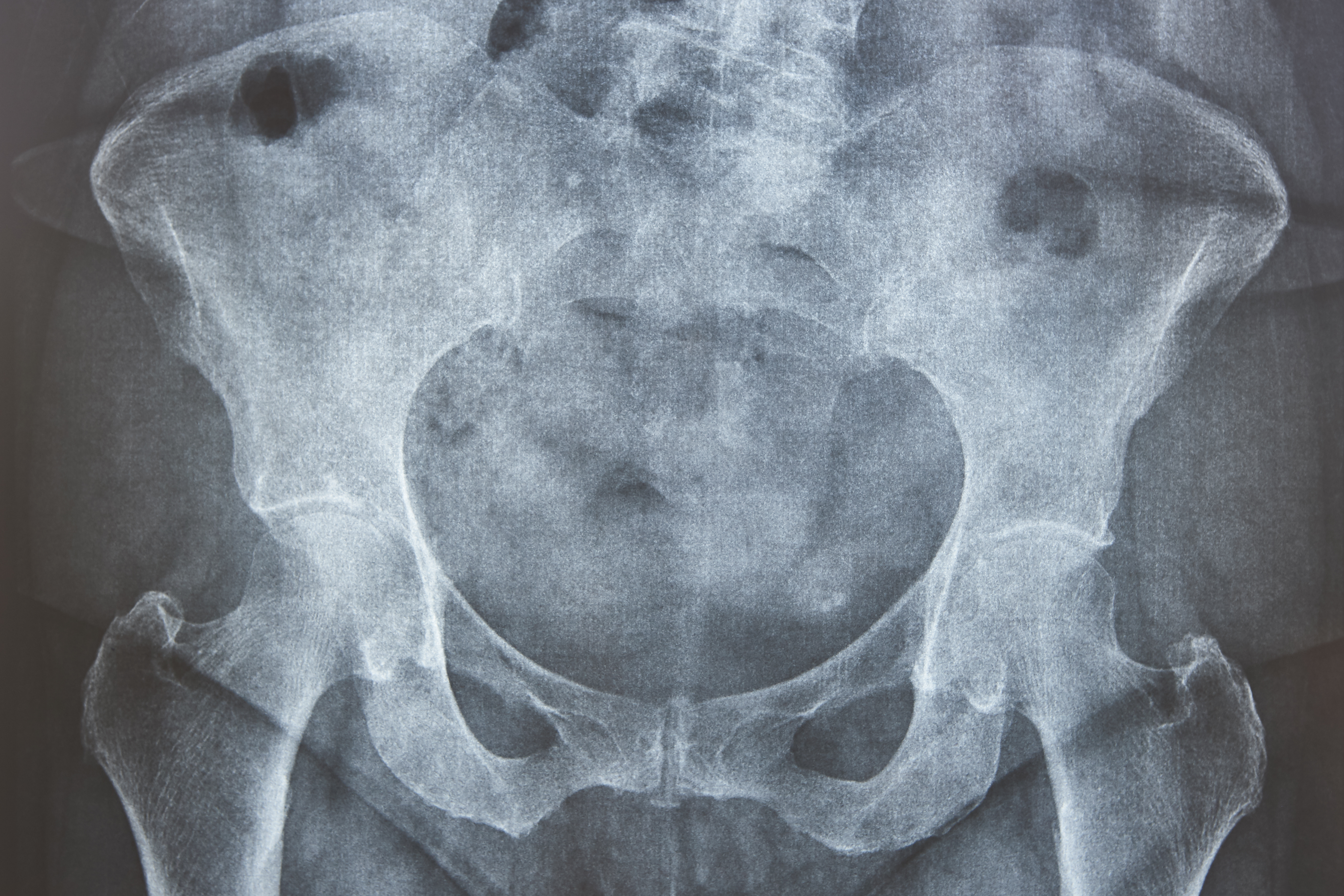The Truth About Osteoporosis: 10 Prevention Tips for Stronger Bones
In the intricate symphony of human physiology, bones play a pivotal role, forming the skeletal fortress that supports our bodies and protects our vital organs. Osteoporosis, a condition characterized by weakened bones, poses a significant threat to this fortress, increasing the risk of fractures and compromising quality of life. As we traverse through different stages of life, maintaining robust bone health becomes paramount. This article unfolds 10 brilliant osteoporosis prevention tips, each designed to fortify your bones and ensure unyielding strength. From dietary choices to lifestyle modifications, these strategies aim to empower you with knowledge and tools to safeguard your skeletal health. Understanding the science behind bone density and the factors that influence it sets the stage for a comprehensive exploration into osteoporosis prevention. By equipping yourself with this knowledge, you can proactively manage your bone health, ensuring resilience and vitality at every age.
1. Understanding Osteoporosis - A Silent Thief

Osteoporosis often goes unnoticed until a fracture occurs, earning it the moniker "the silent thief." This condition gradually erodes bone density, making bones porous and fragile. Understanding the mechanisms behind osteoporosis is crucial for prevention. Bone is a living tissue, constantly being broken down and rebuilt. Osteoporosis occurs when the creation of new bone doesn't keep up with the removal of old bone. Factors such as age, gender, genetics, and lifestyle choices play significant roles in bone density. Women, particularly post-menopausal women, are at higher risk due to hormonal changes that affect bone resorption. Men, too, are susceptible, though typically at a later age. Awareness of these factors is the first step in combating osteoporosis. By recognizing the quiet progression of this disease, individuals can take proactive measures to protect their bone health, ensuring their skeletal fortress remains strong throughout life.
2. The Role of Calcium and Vitamin D

Calcium and Vitamin D are fundamental to bone health, acting as the building blocks of a robust skeletal system. Calcium is essential for maintaining bone mass, while Vitamin D enhances calcium absorption in the gut. A deficiency in either nutrient can lead to decreased bone density and increased fracture risk. The recommended daily intake of calcium varies by age and gender, with higher needs in adolescence and later life. Dairy products, leafy greens, and fortified foods are excellent sources of calcium. Vitamin D can be synthesized by the skin in response to sunlight, but factors such as geographic location, skin pigmentation, and sunscreen use can limit production. Therefore, dietary sources like fatty fish, egg yolks, and fortified foods, or supplements, may be necessary. Ensuring adequate intake of these nutrients is a cornerstone in osteoporosis prevention, supporting the continuous renewal and strength of bones.
